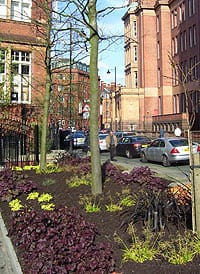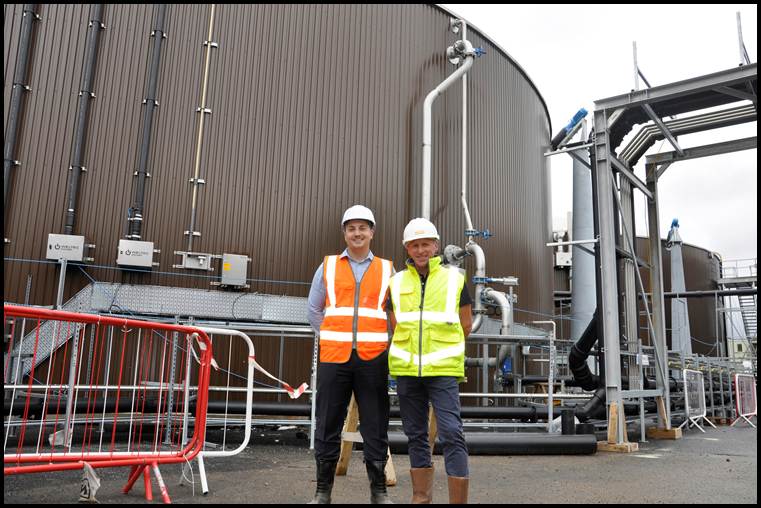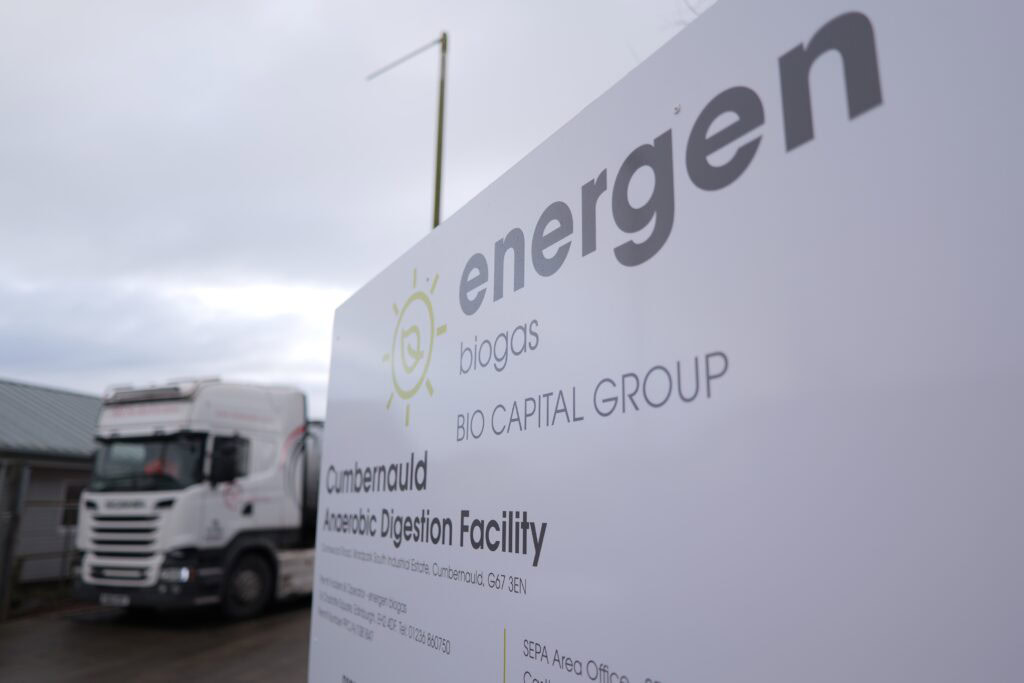Developed by the Environment Agency and the Waste and Resources Action Programme, it has also had input from the Composting Association and the National Farmers Union.
 The Protocol aims to give certainty for the marketplace that compost is a valuable resource, rather than a “waste” |
It will see composters that process organic waste to the PAS100 industry standard able to classify their material as a “product”, rather than a “waste”.
It means they will be able to store, manage and sell their compost without it being governed by waste regulations, and should boost sales to higher end markets including landscaping, agriculture and horticulture.
Speaking to letsrecycle.com, Dr Nina Sweet, part of the waste regulation policy team at the Environment Agency said: “It is all about increasing choice for composters. The chief benefit of the Protocol is the level of certainty it will provide for the marketplace that the material will no longer be a waste. It will hopefully allow the development of the industry to go forward and the industry has said very strongly that it wants this opportunity.”
Accreditation
Over 100 composters are already PAS100-accredited, and many others are in the process of seeking accreditation. Those already accredited will need to check the acceptable list of inputs in the Protocol to ensure they are composting only those input types allowed.
Composters who are currently not accredited, or who are in the process of being accredited will have until the end of Compost Awareness Week – May 7 to May 11 – when the Protocol comes into force, to decide whether they wish to comply.
During this period, training will be provided by WRAP and the Environment Agency to help producers and users understand both the accreditation process and in particular the auditing system.
Following this, those who wish to register have until 15 November to register with a certification body and pay the registration fee. Any producer who does not register will continue to have to pay a waste exemption fee to enable them to spread it onto land.
The PAS100 standard, which is overseen by the Composting Association, is currently being upgraded to meet the additional requirements of the Protocol and from June 2007 will be contracted to independent certification bodies.
” I sincerely hope this will spur further growth in this sector and give composters and their financial backers' confidence in the product. “
– Richard Swannell, WRAP
Auditing
The additional auditing required to comply has been a contentious area of the Protocol, since some type of record keeping is now required to be maintained to ensure all material reaches the PAS100 standard. This is particularly important for the first application of the compost, where the land manager is required to record the level of metals in the soil.
The auditing allows composters to demonstrate that they are protecting the environment – one of the key aims of the PAS100 standard.
Dr Richard Swannell, director of organics at WRAP explained how the auditing system will work: “An online tool is being developed which will allow farmers to confidentially put their information onto a database and that will be their way of complying. This will be the link between the land manager and the certification body which will be responsible for compliance to quality Protocol.”
Some composters have predicted that they will have to charge an extra 50p per tonne on their compost to account for the extra auditing and accreditation fees.
Dr Swannell said: “Developing these specific markets will probably cost a little more in terms of their annual renewal fees in order to comply. The question is deciding whether these additional costs justify additional revenue they may well get through selling products.”
“Composters that comply with the Protocol will have the tremendous opportunity to develop specific products for specific applications and listen to their customer’s requirements. I sincerely hope this will spur further growth in this sector and give composters and their financial backers' confidence in the product,” he said.
Symbol
To promote recognition, compost which conforms to the Protocol will carry a symbol stating that it is accredited to the PAS100 standard as well as a certification number belonging to the compost producer which will confirm it is Quality Protocol compliant.
| Related links: |
The Composting Association will maintain a list on their website of all those products which are quality protocol compliant and this will be kept up to date by certification bodies.
Composting Association chief executive Jane Gilbert said: “We are delighted that this Protocol has finally been realised. This is an important issue for our members and we have been lobbying for this for many years.”
Dr Richard Swannell from WRAP and Emily Nichols, technical manager at the Composting Association, will be speaking at the Recycling and Waste Forum 2007 Organics conference on April 19th, discussing the new Quality Protocol on Composting.







Subscribe for free